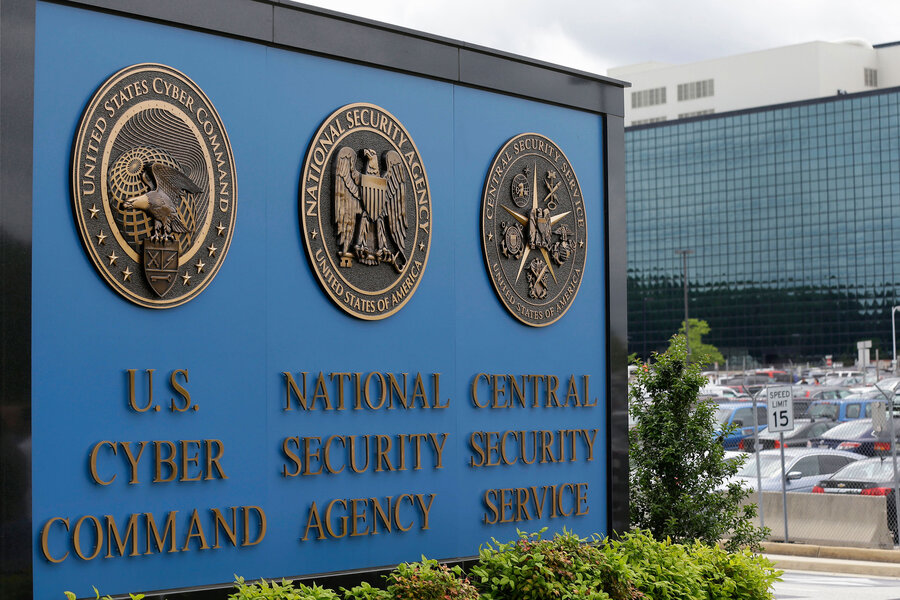NSA to shake up its defensive, offensive game
Loading...
The US National Security Agency (NSA) conducts both espionage and cybersecurity, and now officials hope to do them both at the same time.
The NSA is expected to announce full details on the plan next week, with no word as yet on whether they intentionally timed news of the offense/defense shakeup with the Super Bowl, Ian Duncan reported for the Baltimore Sun.
The shift comes as a response to both changing technology and more capable foreign hackers, Ellen Nakashima reported for the Washington Post. The agency is currently organized into two branches, the defensive Information Assurance Directorate (IA), which helps companies in the private sector find security vulnerabilities and strengthen computer defenses, and the more secretive SIGINT division, responsible for searching out vulnerabilities in foreign computer networks.
"I can actually sit at my desk and one minute be using SIGINT [signals intelligence] data and authorities . . . and the next minute I could be using IA [Information Assurance] data and authorities and my mission is not changing,” an official told the Washington Post. “You need to know what authority you’re using at any given time, but it’s possible.”
The CIA made a similar move last year, as the US agencies strive to combat the ever-changing threats to national security with nimble operations, but the NSA is still viewed with mistrust by many in the post-Snowden era, so the move raised suspicions that a similar reorganization by the CIA did not.
"This traditional approach where we created these two amazing cylinders of excellence and then we built walls of granite between them really is not the way to do business," he said, according to the Baltimore Sun. "Every day when we're dealing with problems, it's about our ability to bring together those two missions."
Jason Healy, an NSA veteran and senior research scholar at Columbia University’s School of International and Public Affairs worries that while the switch will improve the agency's efficiency, it will decrease its effectiveness. The integration means the NSA will lose its structural mechanism for proving that its service arm does not share information with its spies, he wrote in an op-ed for The Christian Science Monitor:
Even with a separate information division, many companies and privacy advocates were convinced the newly passed information sharing act was simply another vector for passing along data to NSA's digital spies. With the two parts of the agency more integrated, such concerns will be even harder to dismiss.
Likewise, if a multinational company calls NSA now for technical help, as Google and Sony have done in the past, can executives really assure their boardrooms that their corporate data won't end up in a spy's database?
The integration could mean that the shift involves not just efficiency, but also a greater emphasis on the intelligence collection that has proven controversial.
"A better option would have been splitting off Information Assurance as the core of a truly independent and robust cyber department or agency," he wrote for the Monitor. "Once the cards are shuffled into the deck, they will be all but impossible to separate."








